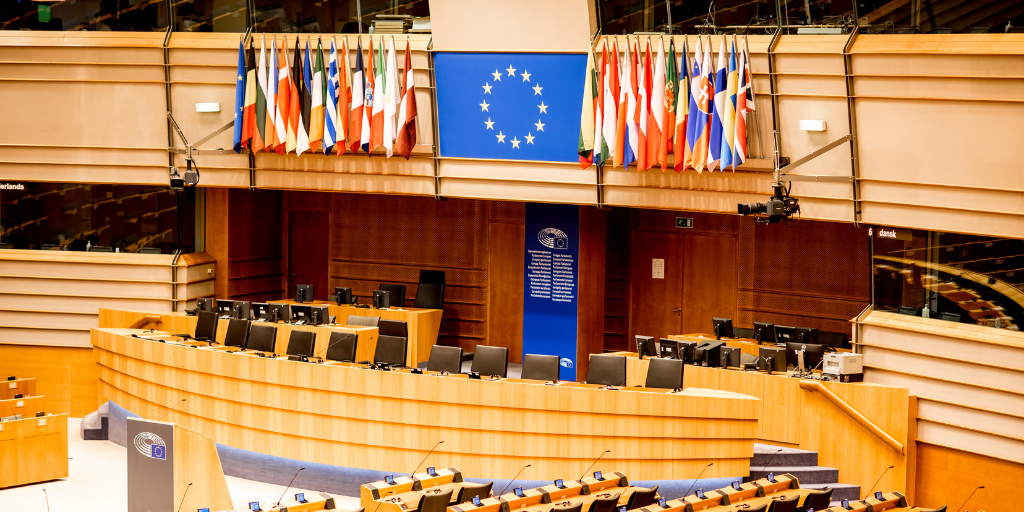This week, 30 civil society groups have written to the Regional Cooperation Council (RCC) and European Commission, asking for meaningful consultations on the update of the Action Plan for the Green Agenda for the Western Balkans, planned to take place this year.
Pippa Gallop, Southeast Europe Energy Policy Officer | 22 May 2024

In October 2021, the Green Agenda Action Plan was endorsed by Western Balkan leaders at the EU – Western Balkans Summit in Slovenia. It should have been a turning point for the region, finally laying out a broad-ranging plan to achieve decarbonisation, a circular economy, depollution, sustainable agriculture and protection of nature and biodiversity.
But for civil society groups, it left a bitter taste. They had been asking for inclusion in the process for months in advance, but the draft Plan was shared with them just two weeks before the Summit, preventing any meaningful consultation.
This, among other factors, contributed to the Plan’s poor quality. It contains too many actions – 58, of which most should be broken down into more manageable steps. They are poorly defined and difficult to measure, with only indicative deadlines, and in some cases no real clarity on who is responsible.
The first implementation report, published in October 2023, implicitly confirms these weaknesses. It is not able to clearly state which points have been completed, how this is measured, whether the progress made has been the result of the Green Agenda or would have happened anyway, and who is responsible for further action on points where no progress has been made. As a result, it is currently impossible for civil society groups or the general public to understand where implementation is really at.
Fortunately, updates to the Action Plan were built in from the start – by the end of 2024 and by the end of 2027. This year’s update therefore presents an opportunity to make up for lost time and produce a Plan that is more streamlined and focused, sets clear responsibilities, steps and deadlines, and clearly sets out how progress will be measured.
In order to try to ensure a more participatory approach this time, this week 30 environmental groups wrote to the RCC and European Commission to ask for a multi-stage consultation process, first collecting pre-draft inputs on how the existing Action Plan should be changed, then consulting two successive drafts of the updated one.
This would help to ensure a better quality Action Plan and to restore the trust between the RCC and civil society organisations which has been eroded in the last few years. If the European Commission and RCC are serious about the Green Agenda and about promoting public participation in decision-making in the region, they must lead by example.
The stakes are high, and we have no time to lose. Civil society groups support the goals of the Green Agenda, but at the moment we have no idea what the next steps in the process are and what the timeline is. We can only be effective in contributing to implementation and ensuring public buy-in if we are informed and consulted on time.
Never miss an update
We expose the risks of international public finance and bring critical updates from the ground – straight to your inbox.
Institution: EU
Theme: Green Agenda Action Plan
Location: Western Balkans
